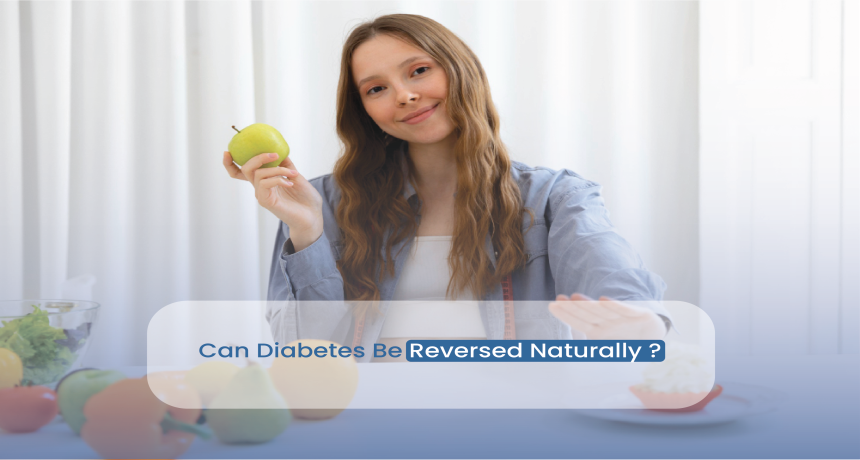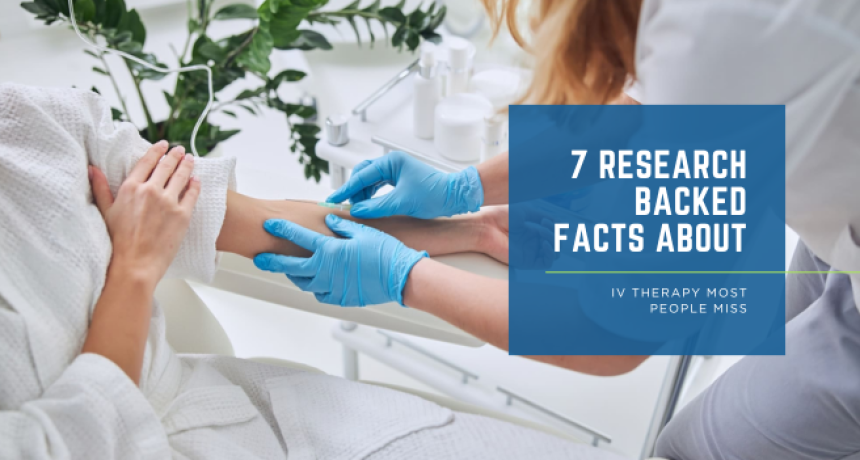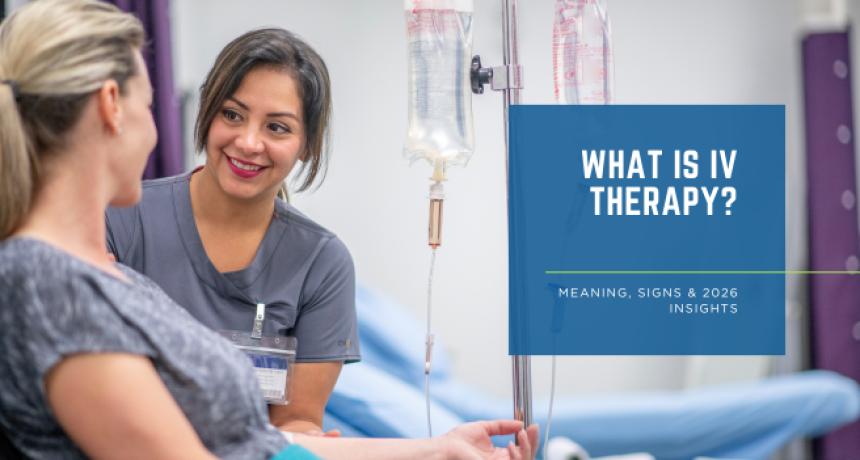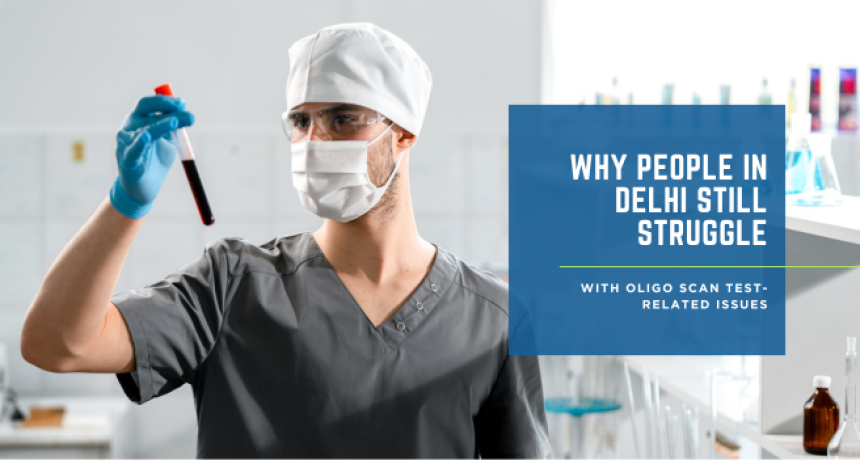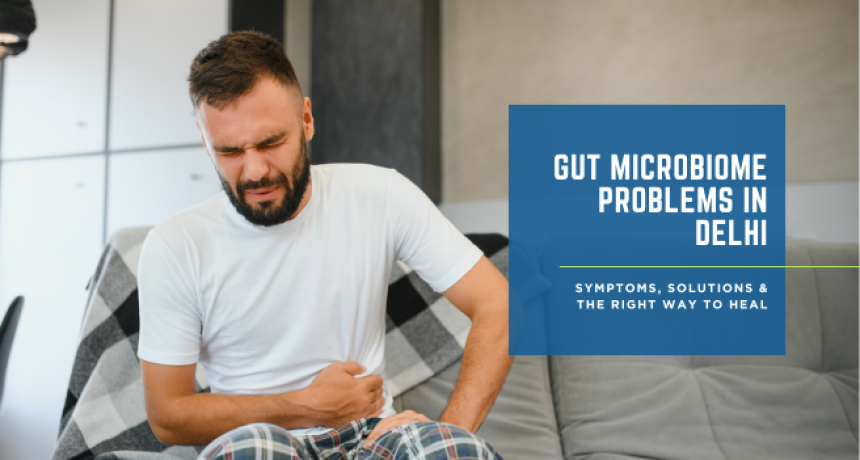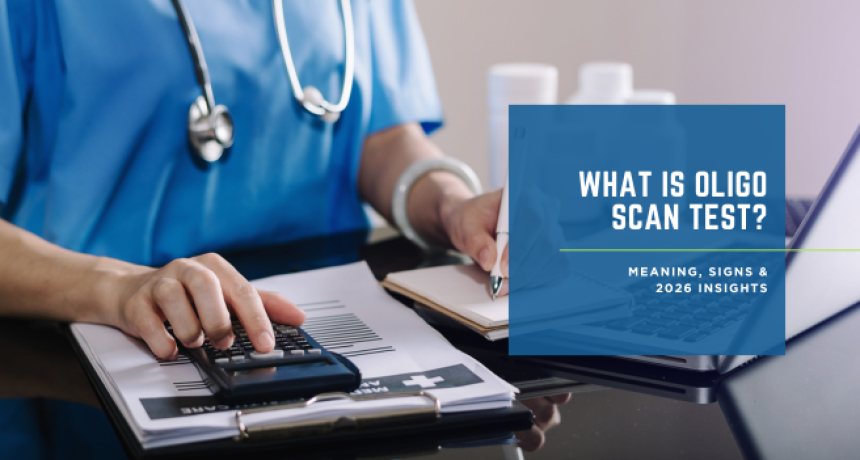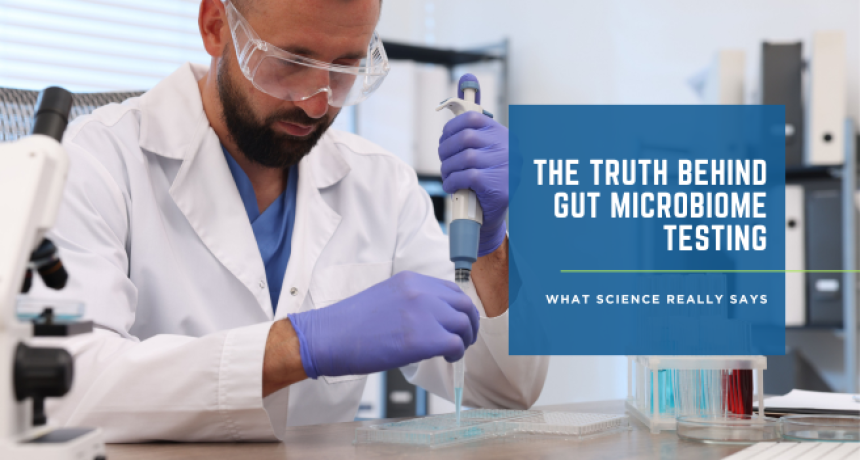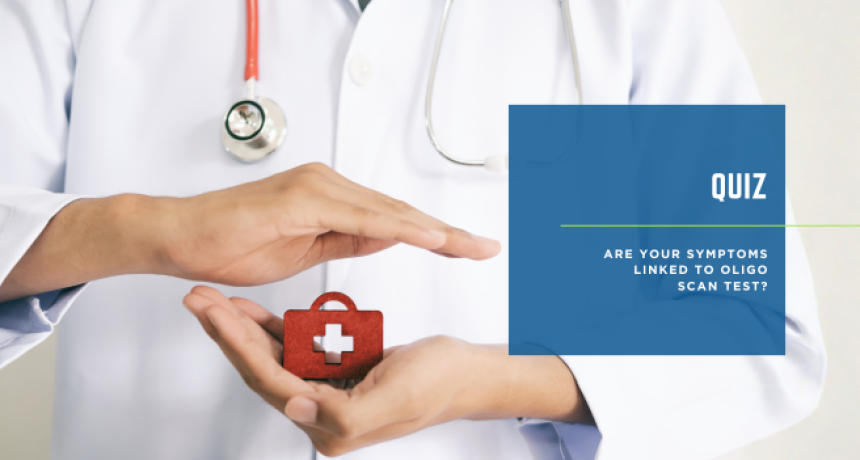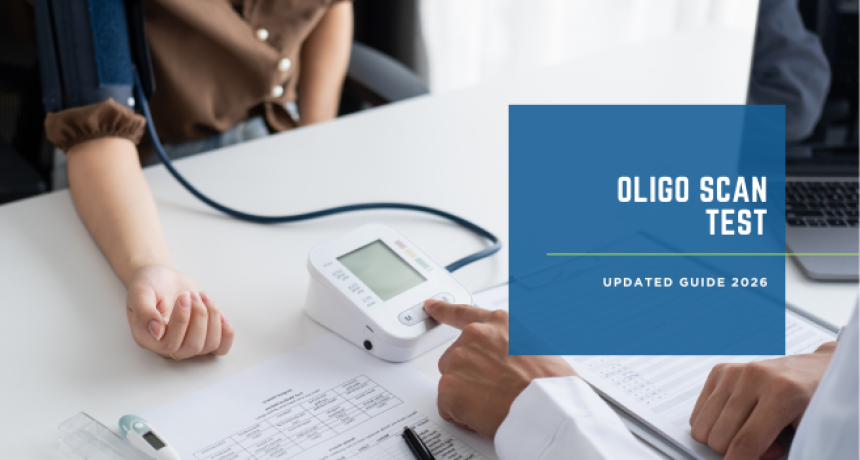Can Diabetes Be Reversed Naturally ?
2025-07-12 It is true that type 2 diabetes can easily be reversed through natural means; however, health professionals prefer the term “remission.” Remission is defined as normal blood sugar (A1c less than 6.5%) for at least 3 months without medication. There's no natural process that can "cure" type 1 diabetes, as the body no longer produces insulin, but researchers are working towards treating type 1 diabetes with purposeful non-insulin medications. Type 2 diabetes is reversible until you reverse the underlying issue, insulin resistance. Top researchers, including Dr. Gerald Shulman at Yale, say that by reversing insulin resistance (usually through weight loss and lifestyle change), you will, in essence, reverse type 2 diabetes. A study in the UK did ascertain that 46% of people recently diagnosed with type 2 diabetes achieved remission with major weight loss via a low-calorie diet, and those who lost 15 kg or more achieved up to 86% remission at one year. Larger reviews have shown that weight loss of 5 to 10% improves blood sugar control, and 10 to 15% or more significantly increases the chances of remission. 1. Weight loss + Reduction of visceral fats Losing just a modest 5-10% of your body weight will improve insulin resistance, specifically by reducing the fat deposits in your liver and pancreas. These organs are critical for restoring normal glucose metabolism. 2. Low-carbohydrate, high-fiber meal plan A low-carbohydrate, fiber-rich meal plan (lots of vegetables, some fruits, nuts for snacks, beef or fish for protein, whole grains) is a helpful strategy to even out blood sugar levels, and can actually reverse type 2 diabetes. Very-low-calorie diets (600-800 kcal/day) under medical supervision have been effective at reversing diabetes. 3. Exercise You should get 150 minutes of aerobic activity (walking, swimming, cycling, etc.) or strength training-type exercise per week. Exercise improves insulin resistance and allows your body to make better use of glucose hours after it is consumed. 4. Fasting or time-restricted eating Fasting or time-restricted eating may aid in weight loss and lower blood glucose levels. Some people may decrease or discontinue their medication with medical supervision. 5. Stress reduction, sleep, and yoga It's important to acknowledge the impact of our physical and emotional stress and to get quality sleep. Yogic practices typically have better beta function and glucose management indirectly with mindful movement, relaxation, and pranayama techniques. Related: Breakthrough Research: How to Reverse Diabetes Permanently Ayurveda provides different herbal remedies and techniques to help us regulate blood sugar levels and balance metabolism. Herbs with Strong Evidence: Gymnema sylvestre (Gudmar): has multiple studied outcomes on absorption of sugar, cravings, and insulin function. Fenugreek (Methi): has been studied to slow the digestion of carbohydrates and improve insulin function; normally consumed by soaking it in water or tea. Cinnamon was studied to be an effective natural alpha‑glucosidase inhibitor; one could take one teaspoon before meals to lower blood glucose spikes after meals. Aloe vera, Aegle marmelos, Neem (Azadirachta indica), Boswellia, Coccinia grandis, Camellia sinensis (green tea): these herbs had evidence of statistically significant reductions in HbA1c, fasting glucose, and insulin resistance from clinical trials/meta-analyses. Ayurveda typically utilizes many herbs together (polyherbal formulations), which may be more beneficial compared to single herbs due to overall synergistic effects. Ayurvedic Drinks & Home Remedies: Commonly drunk in the morning, fenugreek water, cinnamon tea, bitter gourd juice, aloe vera juice, amla juice, jamun seed powder, and Tulsi tea are all longstanding Ayurvedic drinks that are now gaining momentum and research support for the management of blood sugars. However, it should be noted that some teas, such as aloe vera juice and fenugreek water, should be treated with caution due to possible interactions with other hypoglycemic medications or possible hypoglycemic benefits. Fenugreek water: soak 1–2 tbsp seeds overnight and drink the water, and eat the seeds in the morning. Cinnamon tea: 1 tsp before breakfast on an empty stomach. Bitter gourd juice: 30–50 ml, preferably every day. Amla (Indian gooseberry) juice or powder smoothie. Jamun seed powder: Ayurvedic medicine is good to use. Tulsi (holy basil) tea or 2–3 leaves a day - helps regulate stress and sugar. Aloe vera juice - if tolerated and monitor blood sugar levels and drops. Always check with your health care provider and Ayurvedic practitioner before starting remedies, especially if you are on medications. Act quickly: you're the most likely to achieve remission in the first couple of years after being diagnosed. Take note of what you're eating, with special attention to restricting processed carbs and sugars and increasing fiber and whole foods. Move consistently: daily movement and walking after meals helps. Limit stress and manage sleep: yoga, breathwork, and meditation help all aspects of well-being (emotional and physiological). Monitor regularly: fasting glucose, HbA1c, weight, and talk with your health provider before reducing medication. Use herbs wisely: herbs can support conventional care, but can’t be used in replacement, especially in the more advanced stages of disease. Diabetes type 2 can be reversed or put into remission by many people with simple lifestyle adjustments such as weight loss, diet, and exercise, and by cautiously utilizing herbs under careful guidance. There is still no natural cure for type 1 diabetes, but research continues on the best ways to reverse this condition. Although there is some promising research about using herbs such as cinnamon, gymnema, neem, fenugreek, amla, aloe, Jamun, and multi-herb formulas, no cure has been proven yet. More systematic, high-quality trials are required. Be very cautious; there are highly promoted Ayurvedic or herbal diabetes pills (for instance, BGR-34) that promote a "diabetes cure" that have no evidence of an effective treatment, and there appear to be no safety data on them either. It is very encouraging to know that it is possible to experience safe and effective results from natural methods by using the help of a qualified medical professional to monitor your progress. Read Also: Exploring the Science Behind Diabetes Reversal Programs: Can They Really Work? How can L&B clinics be best for you? At L&B Clinics, the approach is holistic, and they believe you can manage and even reverse type 2 diabetes naturally. Instead of treating just the symptoms, they believe in treating the underlying cause, and they guide people towards gentle lifestyle changes that support blood sugar stability over the long term. Their comprehensive treatment builds on both traditional knowledge and modern medical knowledge to improve metabolism, diminish insulin resistance, and improve overall well-being. Many people have learned that with sufficient support, accountability, and care, they take their lives and health back into their own hands, and L&B Clinics can walk that path with you. Conclusion: It is not only possible to reverse type 2 diabetes naturally, but it is doable with the right guidance, commitment, and support. From changing your habits and eating healthy, natural foods to trying old remedies and holistic care, your remission journey can be safe and empowering. While there is no quick fix to everything, consistency can build lifelong changes. If you are prepared to make changes to your health and take a natural approach to balanced diabetes management, L&B Clinics will be with you every step of the way. Book your consultation today to begin your process of healing, naturally.How is Diabetes Reversible?
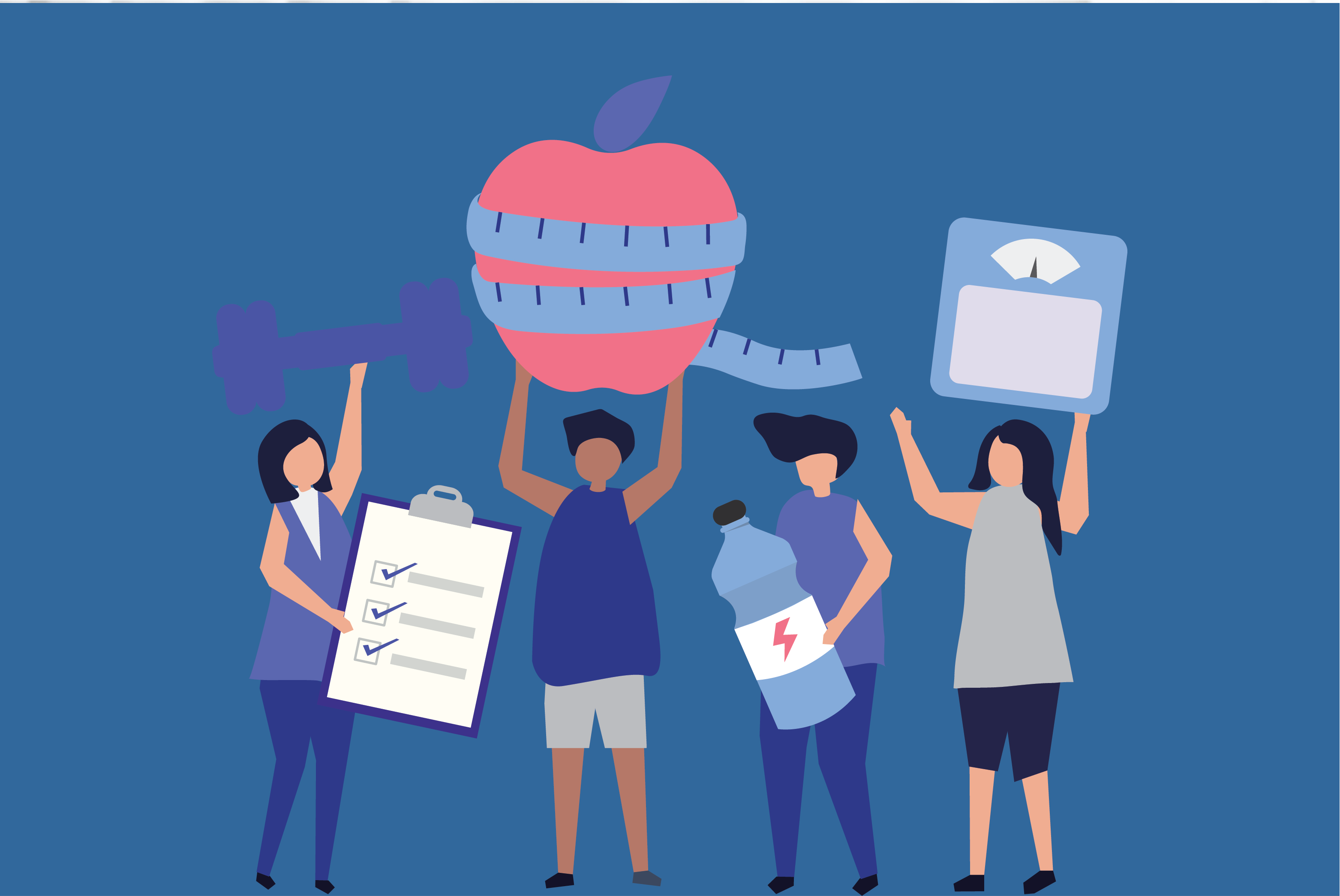
What Research Shows:
How to Reverse Diabetes Naturally
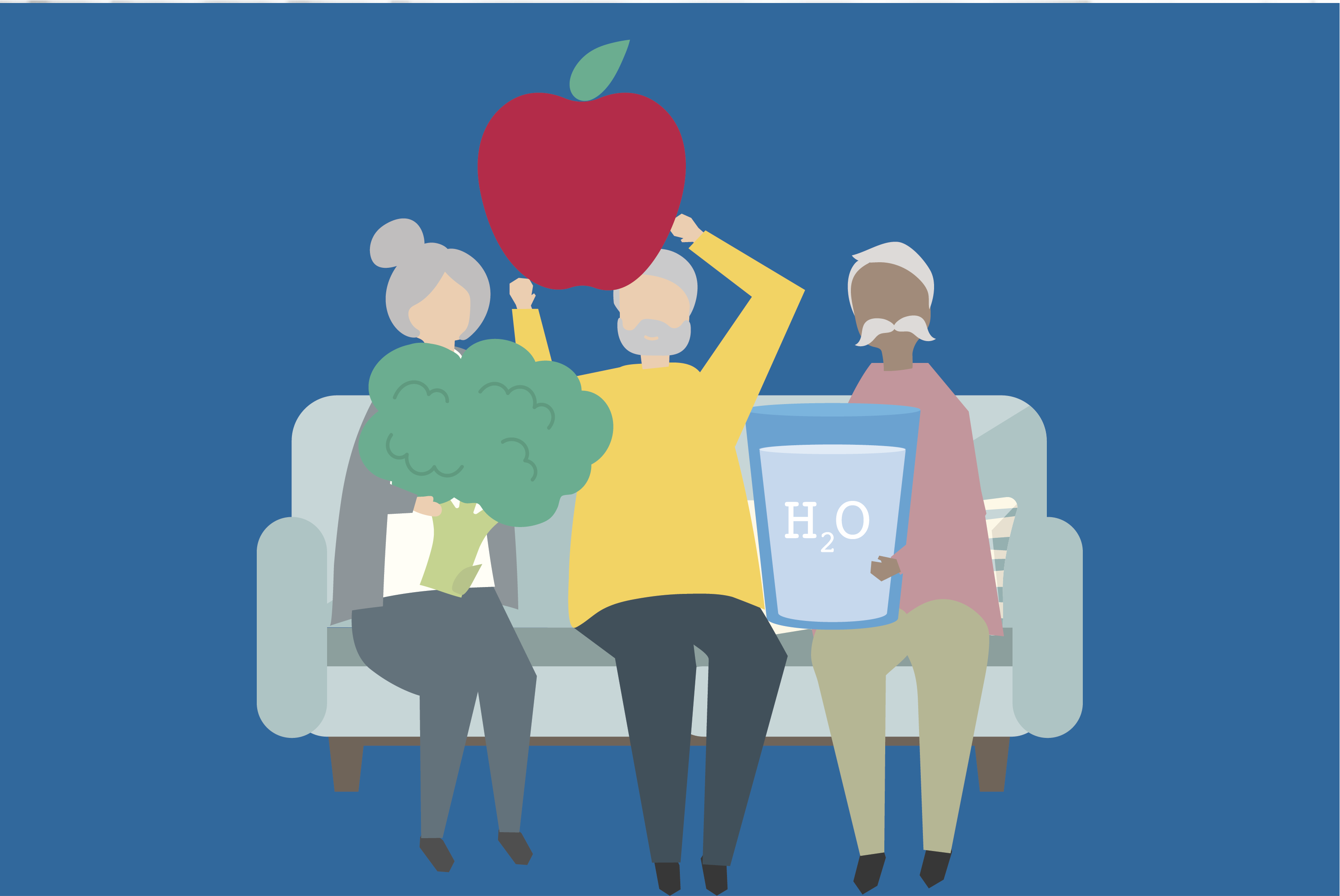
Ayurvedic Medicine & Natural Herbs for Diabetes
Polyherbal Formulations:
Home Remedies You Can Safely Try
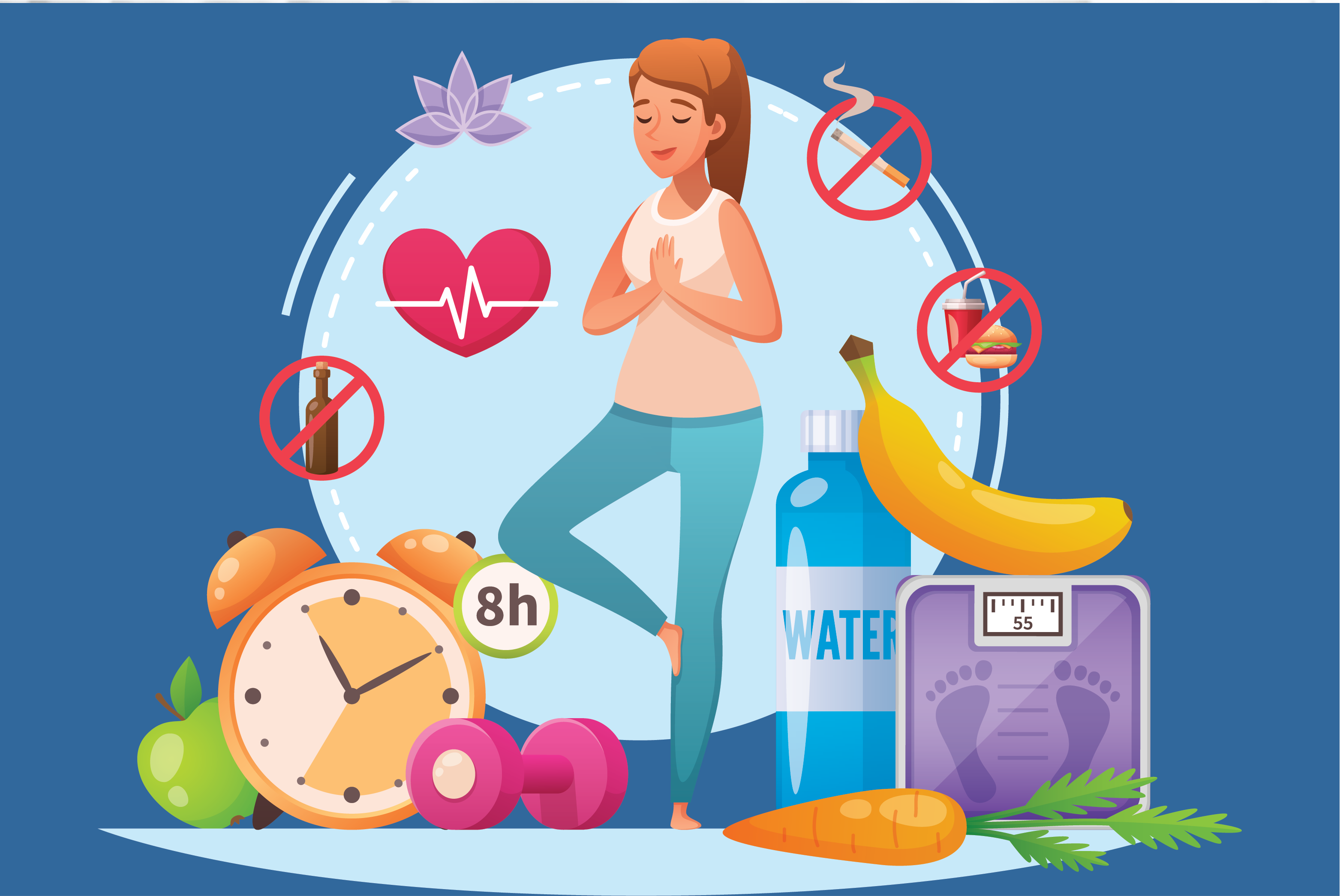
Tips for Natural Reversal Success
Balanced View: What It Means to Reverse Diabetes Naturally
.png)
